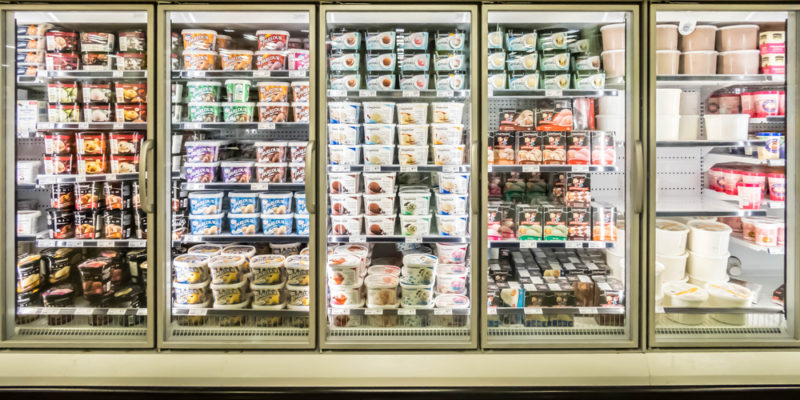The ‘Never Warmer Than’ Rule – What It Actually Means For Refrigerated Transport
Due to the sensitive nature of the products transported by refrigerated trucks and trailers, there are certain rules that distributors should follow to ensure food safety…
This includes the ‘Never Warmer Than’ rule.
The ‘Never Warmer Than’ rule refers to the temperature requirements of cold and chilled goods. It can also be used in conjunction with the ‘Keep Above’ rule to ensure that food is in their proper environments during transit.
What Is The ‘Never Warmer Than’ Rule?
The Australian Food and Grocery Council (AFGC) provides guidelines for the safety of the transported products.
This specific rule dictates that:
- The air temperature for chilled goods should be between 0 and 4 degrees Celsius, to be sure that it is never warmer than 5 degrees.
- For frozen products, the air temperature should be handled at 18 degrees, so it is never warmer than that.
The ‘Never Warmer Than’ rule ensures that food does not come out of its required temperature so that it does not grow bacteria that causes disease and spoils the food.
The ‘Keep Above’ Rule
As mentioned above, use this rule in addition to the ‘Never Warmer Than’ rule.
The ‘Keep Above’ rule is used only in relation to chilled products, and recommends that these products should be kept above 0 degrees celsius so that they do not freeze and become damaged by ice crystals.
While the ‘Never Warmer Than’ rule ensures food safety, this rule ensures food quality so that the food arrives in ‘as sent’ condition.
Variations To The Rule
It is important to remember that these rules should be used only as a general guideline.
There are certain foods that may require warmer or cooler temperatures depending on their own specific requirements.
For example, some chilled products may need to be stored below 0 degrees, such as:
- Some types of fish and shellfish and products using these items as ingredients
- Modified atmosphere packaged meat products
- Value added fresh produce (e.g. alfalfa sprouts, washed and packed salads)
It can also work the other way. Some chilled products may become damaged if they are stored at temperatures lower than 5 degrees. Thi can be due to high moisture condensation.
These may include:
- Some cured meats
- Certain fresh or tropical produce
- Processed and mature cheese
- Confectionary
To ensure that products aren’t damaged by the air temperature that they are stored and transported in, it is vital for distributors to confirm with the manufacturer the ideal storage temperature for each product.
At Cannon Logistics, we are Queensland’s refrigerated transport experts.
If you have any temperature sensitive products that need transporting, we will ensure that your goods arrive in the best condition and retain their quality throughout their journey.
For more information, contact the team today!
